I was overcome with a wave of relief as locals literally waved at our tourist bus weaving the unpaved roads to the rural town of Coupe in the Dominican Republic. So here I am today discussing the uncomfortable topic of volunteering abroad.
“They want us here,” I thought with content. I’m one of the most skeptic travelers when considering the role of big brother and/or disrupting foreign cultures. I’d signed up to volunteer in the Dominican Republic, to join Americans seeking to “make a difference” in a beautiful black-Latino community. I watched thirty Americans awe-eyed by a culture so different than their own, attempt (and succeed) in teaching English.
Finally, a program that’s doing it right!
As I introduce an overview of English courses offered by Impact, Fathom Travel offers volunteer experiences in entrepreneurship with local artisans (making chocolate or craft art), reforestation and environmental education, and clean water access.
Giving Back + Good Intentions
Travel leaves an impact on us — the travelers. A lot of times, immersing ourself into a developing community is going to do just as much for us as them. When we’re exposed to different cultures, travel breaks prejudice. Travel teaches us to be grateful. It forces us to problem-solve in new ways. Travel keeps us grounded.
But what are we doing for the communities we travel into? What are we giving through travel?Click To TweetWe want to give back while traveling. We want to be responsible in tourism. We care. We will do. But where do we start?
It isn’t a simple answer.
What if you’re someone that wants to aid a developing community and give back while traveling, but don’t have the expertise, time or resources to make a big commitment? What if you can’t casually spend six months in Asia teaching English? What if you aren’t qualified to volunteer at a clinic in Africa? What if you want to build homes, but let’s be honest, don’t know a thing about construction?
When is volunteering doing more for you than them?
The Controversy
Poverty-Porn is the tactic of media and charities that uses sympathy as a catalyst for monetary gain, exploiting the poor and uneducated, to showcase desperate conditions for an emotional response. – TheBurtonWire
Amongst trends of “poverty porn,” human zoos, animal rights, and harming of the environment, the impact of tourism has become a sensitive subject.
I’m not going to lie, as a blogger — it’s not really a comfortable conversation to have. Here we are as travelers just trying to mix experiencing travel and culture with helping people, and we get attacked for everything we didn’t know we are doing wrong.
However, the more I’ve traveled and learned about what not to do while traveling (I am still learning), the more I feel responsible in discussing it.
The Rise of Impact Travel
There are so many reasons not to volunteer while traveling, how do we differentiate between positive, impact travel and voluntourism scams?
What questions should we ask to understand the impact of volunteering while traveling? What do we need to know, so that our good intentions are met?
I don’t want to tell you not to volunteer while traveling, I want to share with you how to do it effectively.
Impact Travel: Volunteering briefly, but amongst a greater, sustainable program in which your short contribution is matched by that of many others which accumulates to a greater cause.
You do a little here, I do a little there, but it was planned so that it adds up!
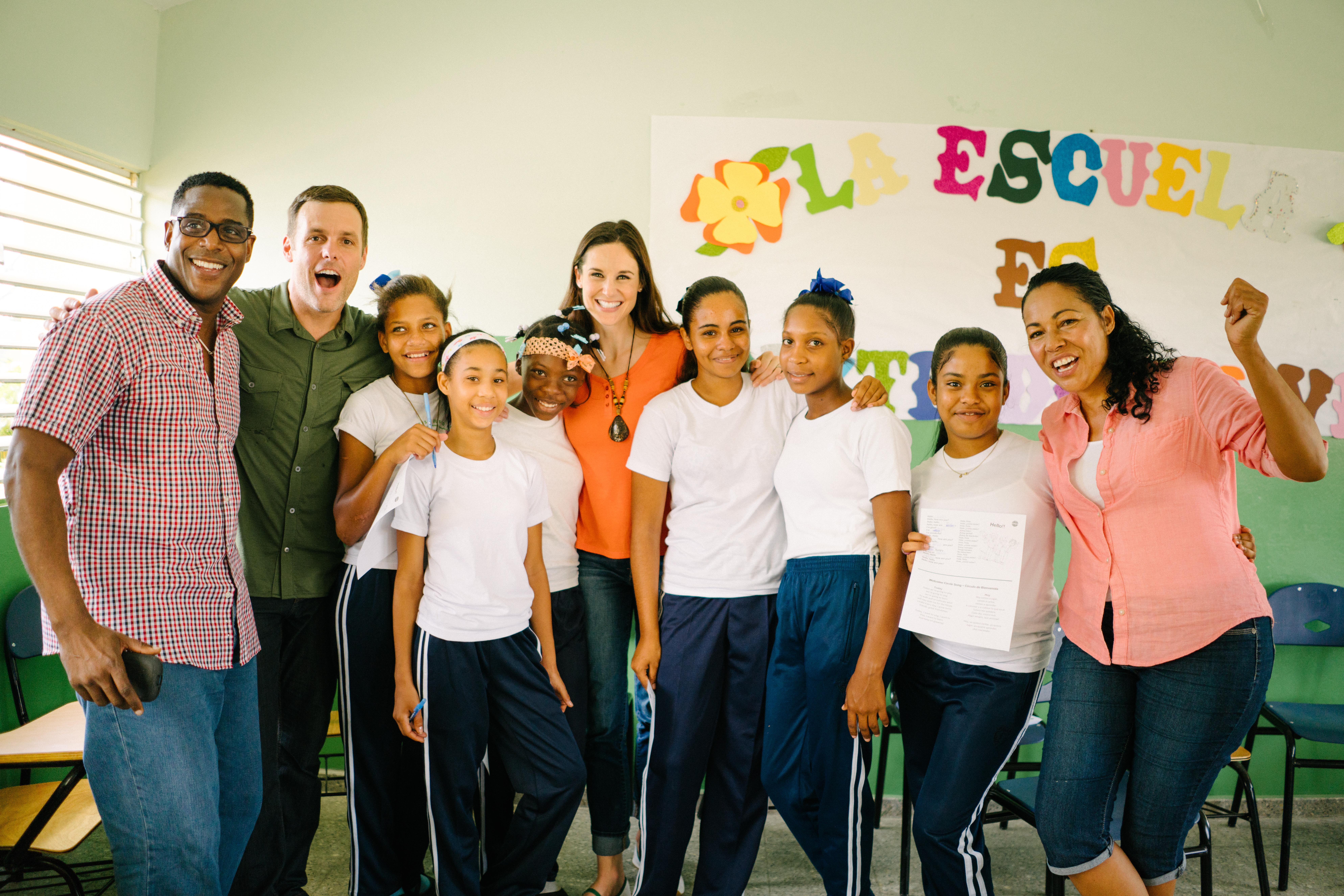
Crucial Questions to Ask About the Impact of Volunteering Abroad
Knowing that there are questions to ask, is a start!
1. Does the the organization work with a local, expert-based organization?
Hey, you can be an expert at cruises and not know a thing about teaching English or navigating sociology. Impact programs have to be organized and managed by an expert of both the field and of the native culture.
Fathom has partnered with Entrena to bridge the gap between locals and tourists. Entrena has organized community English courses for over thirty years. It is a Dominican government approved NGO (non-profit organization).
2. Are there local role-models that are culturally knowledge-able mediators?
The process of empowering foreign communities demands that the people with the least agency experience and witness members of their own community becoming leaders. This drives a conversation of “we are saving our community together,” vs “the outsiders are saving us.”
All members of the Entrena team are Dominican leaders who are born and raised in the DR and are always present during volunteer sessions.
3. Do the role of volunteers substitute the jobs of paid locals? Does the program create jobs for locals?
We don’t want to go into a community and actually take jobs. We want to create jobs!
We don't want to take jobs from locals in developing communities. We want to create jobs!Click To TweetBy partnering with the Entrena organization, Fathom facilitates careers to educators, bus drivers, and project managers. Volunteers who are practicing english with students are irreplaceable as native English speakers are perfect for practicing the language. Even the program t-shirts are purchased from a local Dominican business.
4. Are there pre-requires for volunteering?
Ideally, you want volunteers to be screened and qualified for working with people.
The Fathom and Entrena program allows for any English speaker to be a volunteer; however, they work under the supervision of a trained Impact guide.
5. How are beneficiaries selected to be a part of the program?
It’s important to understand who benefits from the volunteering (other than the volunteers). Is it something that anyone can be involved with?
Entrena provides workshops in the community that discuss the project, purpose, and which provide etiquette guidelines. Latin culture can be very hospitable, so community members are taught not to offer snacks (because they can’t truly afford to be so hospital with volunteers, and someone might get sick etc). They are also taught valuable social skills for meeting people of another culture. For new beneficiaries, it may be their first time meeting a person outside of Dominican culture. These workshops are just as valuable as the the English curriculum based classes.
6. Is there an impact of the program that goes beyond the lesson plan?
If you’re not just teaching a class, what are you really doing? Programs like these slowly breach cultural, racially, and sociological barriers. These also stimulate the economy through tourism.
As a tour operator, Fathom brings business to the community. People shop, they eat at restaurants, they get taxis. “Some of those people fall in love with the Dominican. They buy property or invest in land. We never really know what a lesson will lead to.”
7. Is the program accessible and relatable to the beneficiaries?
Usually the people who seek assistance don’t have easy access to transportation, infrastructure, or resources — and they’re the ones who have to work the most.
Entrena provides free classes to the locals in town — bringing the educators and volunteers to the beneficiaries. This is walking distance from homes — hosted in the homes of student families. You don’t need a car to get to the classes. We did note that the classes happen rather early and would be even better if given in the late evenings, since many people work during the day. Entrena was very receptive of this feedback.
8. Is there a sustainable, long-term lesson plan?
Consider volunteers coming in to share their time, but not contributing to a greater lesson plan.
The Fathom Community English program is a comprehensive fourteen part lesson plan. You pick up where the last tutor was teaching, reviewing recent concepts, and introduce something new.
9. How many weeks is the program?
Most people aren’t going to learn very much in a one-week program. It’s important to understand if the program is long enough to actually make an impact on the student.
The Fathom Community English Program is an ongoing program. When Fathom tourist-volunteers are not present, the curriculum continues with the local paid employees of the partner NGO.
10. Who creates the lesson plans?
The curriculum has to be created by a professional with experience.
Fathom’s lesson plans have been developed by a local Dominican teacher who is fluent in English alongside an American teacher who is based in the Dominican Republic. Shout out to Daniel Tyler and Diana Pena.
11. Does a percentage of revenue from the tourism booking go towards sustaining the costs of the non-profit, or are we only providing volunteers?
Running an educational program demands funding. If the tour you are purchasing contributes to that funding, it’s a bonus.
Fathom trips do not contribute to a percentage of the non-profit (they’re actually insanely cheap already with trips starting at $500 a week); however, costs for buses for the volunteers and snacks are covered, and volunteers can make a donation to the NGO online.
12. How can volunteers be involved post the trip?
It’s important to understand the limitations of our impact and what more we can actually do once we’ve had a taste. If you like what you see when you volunteer, you can become further involved by volunteering more, making formal donations, and/or telling people to get involved.
“[Come back. Tell people to come. We don’t want your money. The organization doesn’t accept tips for it’s leaders because it’s structured with the fisherman model: teach me to fish, don’t feed me.] The best thing that you can do is encourage volunteers to come and be a part of the program.” –Entrena supervisor, Danna Taveras, told me in Spanish.
- This interview was conducted in Spanish and I have translated it for the purpose of this blog.
The strengths and weakness of impact travel.
Realistically, the best form of volunteering in any community is by making a long-term commitment in a specialized, trained field. That’s why we have the Peace Corps and United Nations. It takes years to study and transform society’s problems.
However, if you can’t casually move to a destination for a few years to make a difference, or you just don’t have the qualifications to volunteer as a leader, you can make a difference despite limited time, skills and resources.
That’s what I love most about impact travel. It’s coming together as a community to prove that every little bit counts.
You don't have to have a big budget, an open calendar, or years worth of training to get involved with Impact Travel.Click To TweetAdventure with a Purpose
Carnival Corporation boasts the Carnival line, Princess Cruises and half a dozen other cruise lines. With over 100,00o employees, Carnival took on the challenge of developing and implementing a line that allows travel to meet social impact. After two years of researching and organizing the most effective way to “travel with a purpose,” Carnival launched the Fathom Travel cruise line. They’re leading the difficult conversation of how do we make this work?
I joined the Fathom start up in only their third trip to the Dominican Republic. While it wasn’t perfect, I, the skeptic traveler, was over-joyed with all of the things the organization has done correctly. I discussed the questions I asked the Fathom and Entrena team regarding my concerns in volunteering abroad.
This blog post has been sponsored by Carnival, however, all opinions and research are my own. Please do suggest similar programs and additional questions to ask in the comments. I’d love to learn about more companies that are doing what Fathom is doing and how we can improve this wave of purposeful travel.
Overview of my knowledge and experience with volunteer programs.
I don’t have a degree in biology, zoology, civil engineering, or environmental science. I can’t tell you if spending a week in Africa without a medical degree will do anything for an HIV campaign. I don’t have the experience or knowledge to gauge the impact of travel in fields outside my expertise. I can, however, hold a responsible conversation on the sociology of bilingual opportunities. With a Bachelors in Sociology and Global Studies, work and volunteer experience in bilingual communities throughout Southern California (including Project Literacy and Latinas Guiding Latinas at UCLA), and having started and run a non-profit program offering free adult English courses, I can talk about the impact of teaching English.
As a first-generation Latina who’s parents started their own business, I have witnessed how language is an invaluable tool in creating opportunities. At the end of the day, Fathom is doing something about it and we’re inviting you to do it too :)
S H O P
[show_shopthepost_widget id=”1639364″] [show_shopthepost_widget id=”1639368″] [show_shopthepost_widget id=”1639375″]

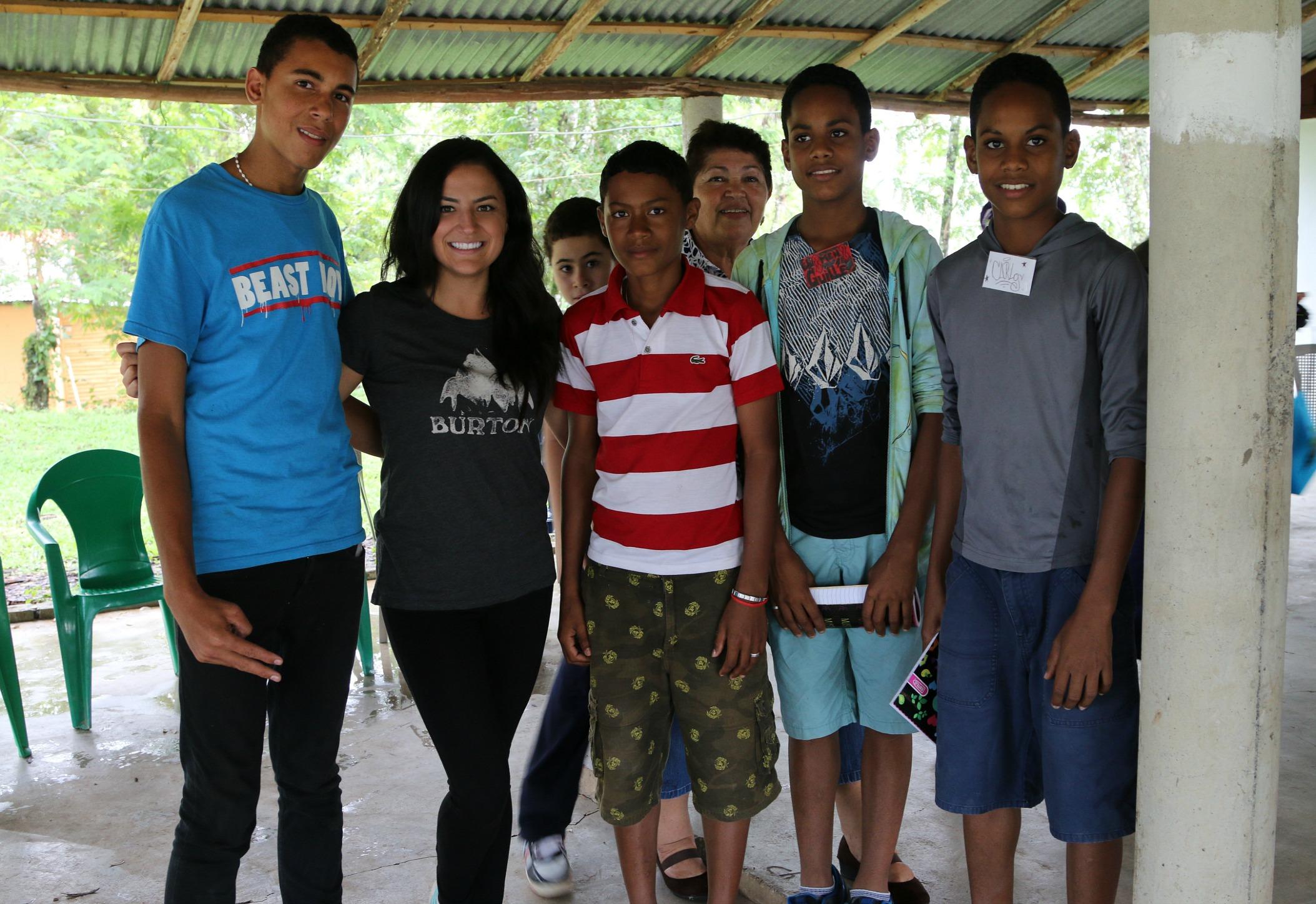
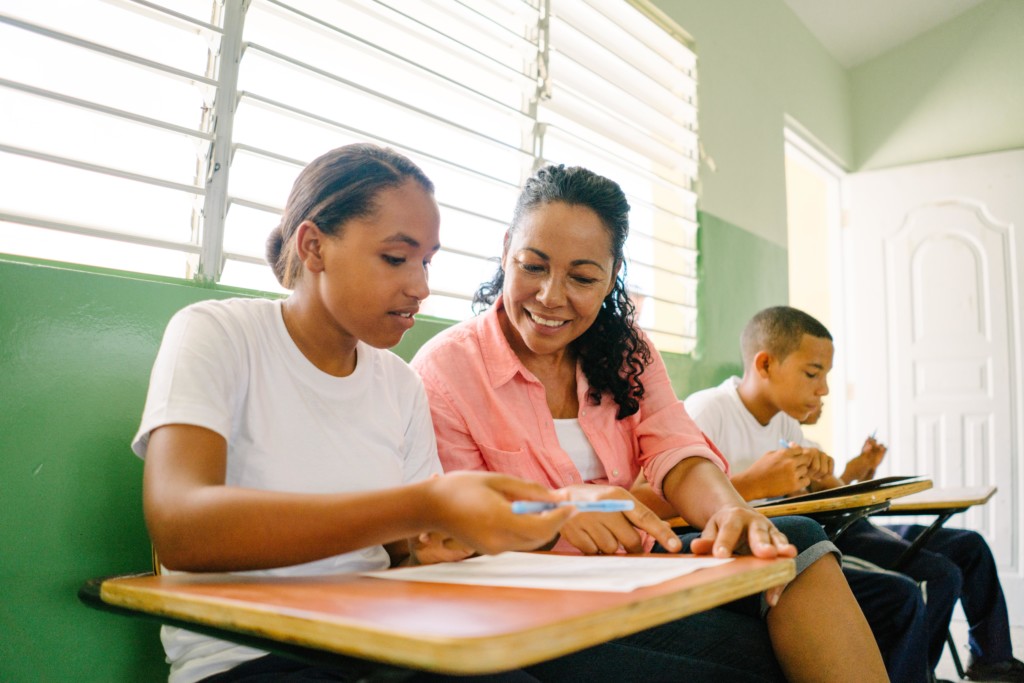
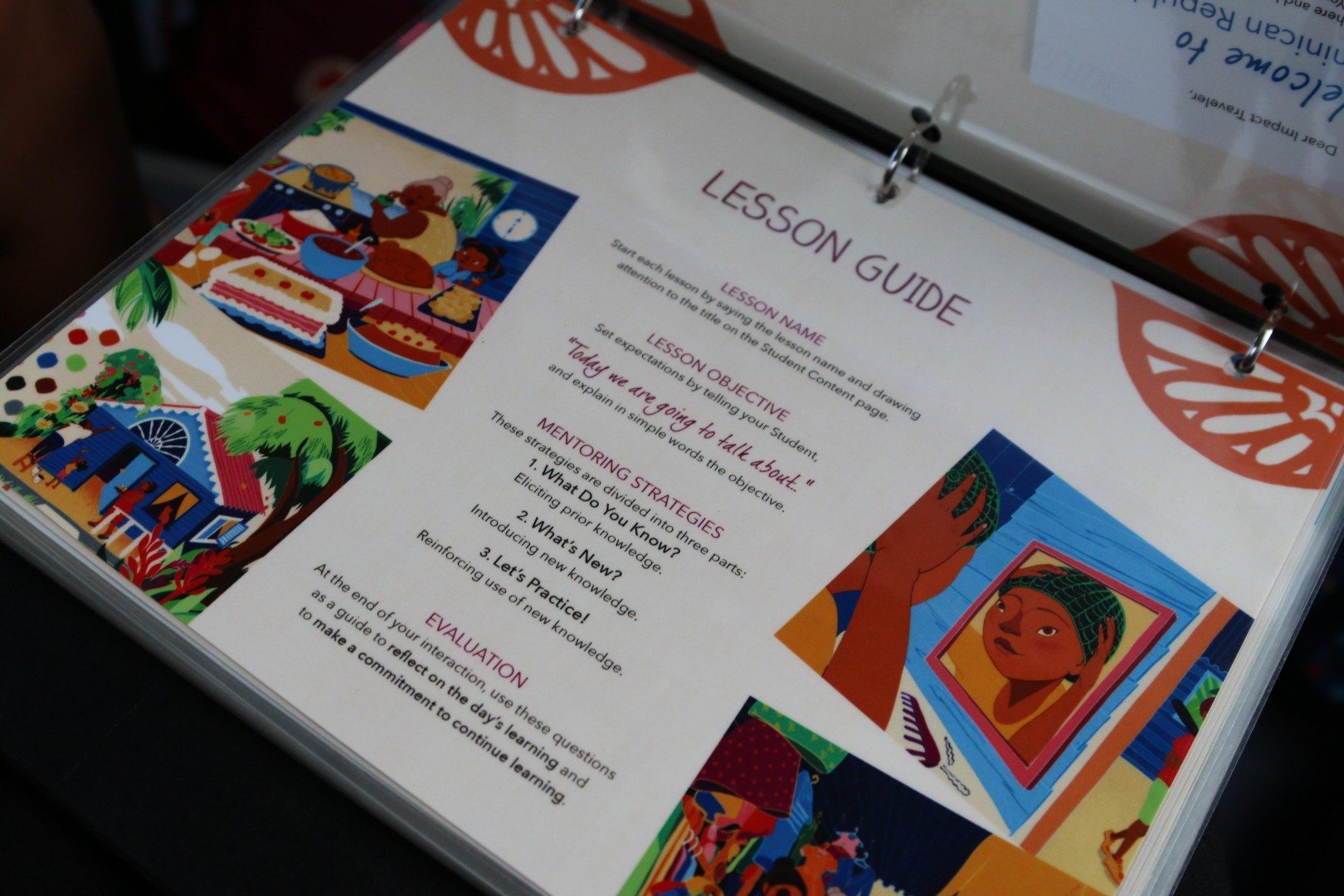

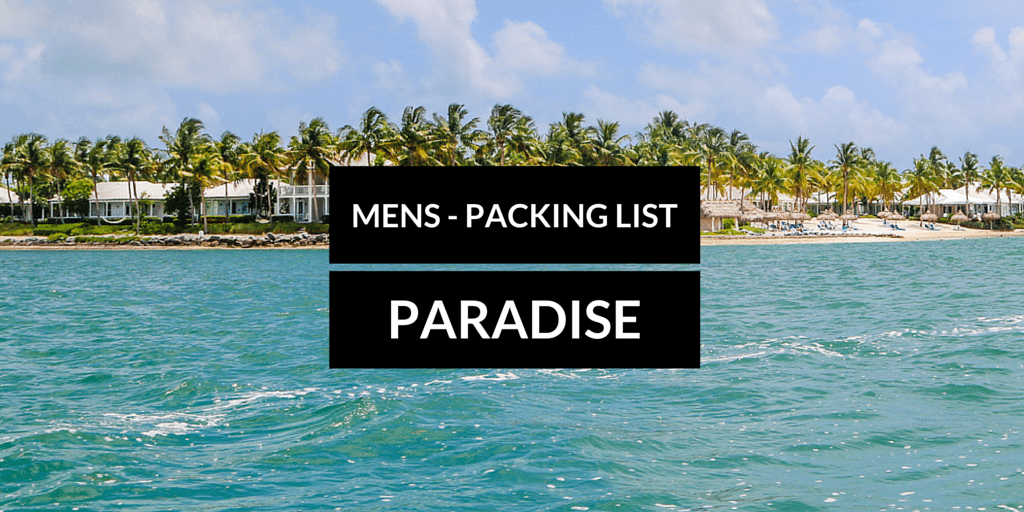






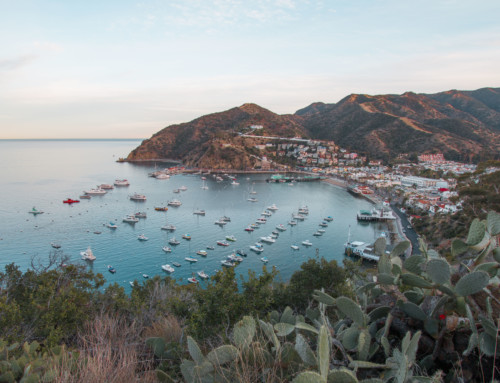
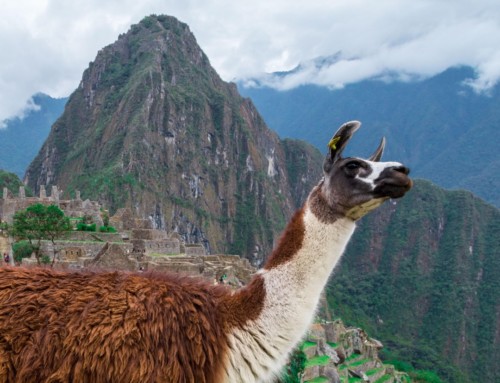
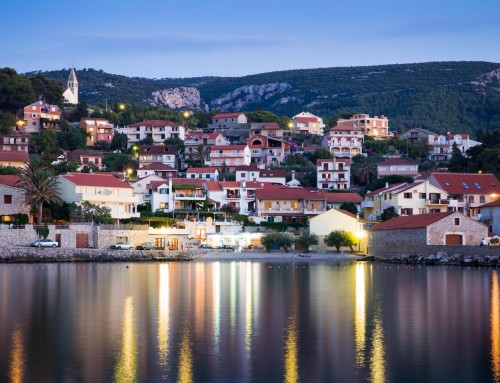
FANTASTIC job tackling this DIFFICULT subject. I JUST stumbled on a naysayer (calling bull on service trips http://almost.thedoctorschannel.com/14323-2/) and you address it ALL!!! Furthermore you show how fathom has made sure not to part of the BULL****.
Thank you so much for reading Rob! Cheers :)
Excellent questions and discussion. I too have wondered about who voluntourism really benefits. I will be having my own experience with Fathom in a couple of weeks and am pleased to read about your experience and your view that they are doing it right.
[…] good about. If you’d like a more in-depth look at the way that they do things, my friend Stephanie wrote a comprehensive interview with the leader of our English program that allayed a lot of my fears and cleared up our […]
I agree voluntourism can be such a controversial subject – particularly as realising that our good intentions doing more harm than good can be a difficult pill to swallow. Research is so important before volunteering. As is asking ‘who is really benefiting?’ It’s great (and a relief) to see that there are volunteering programs doing it right!